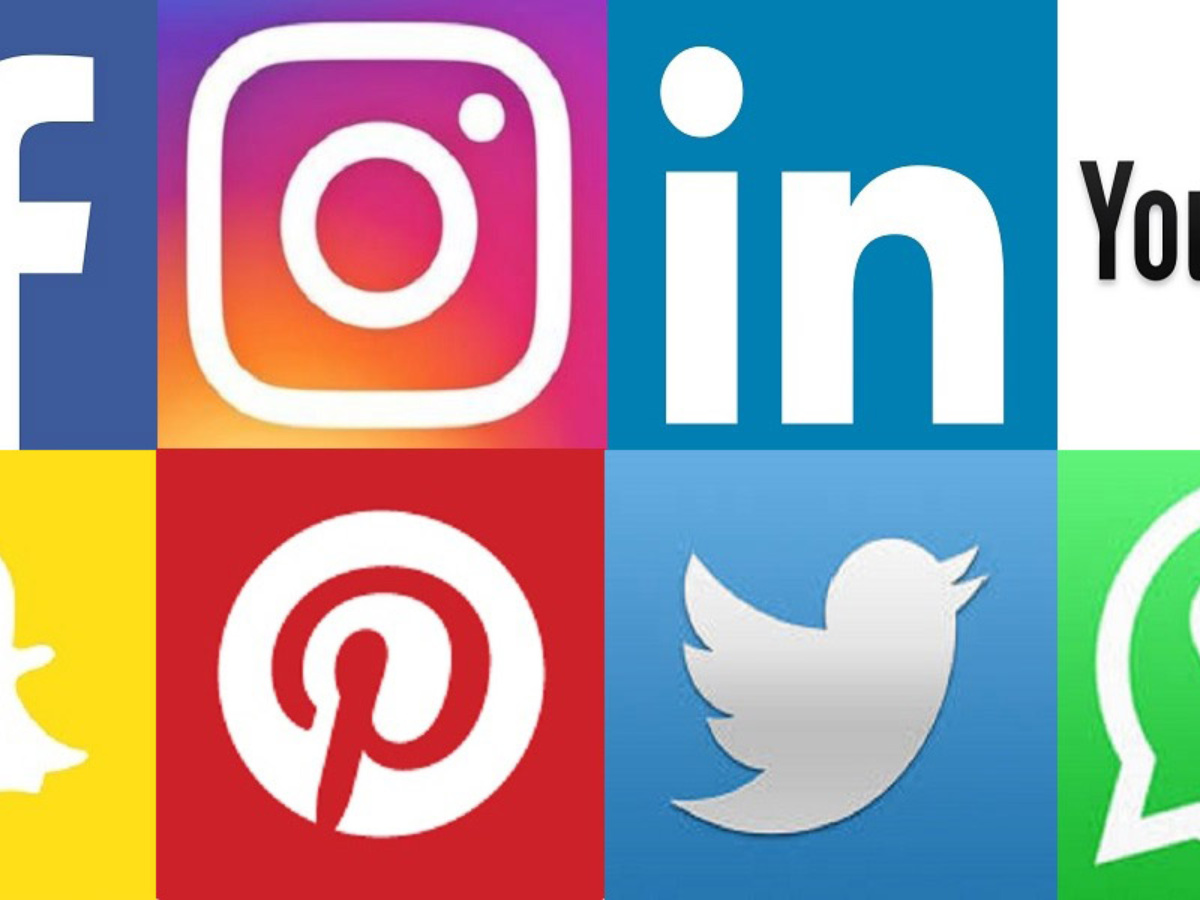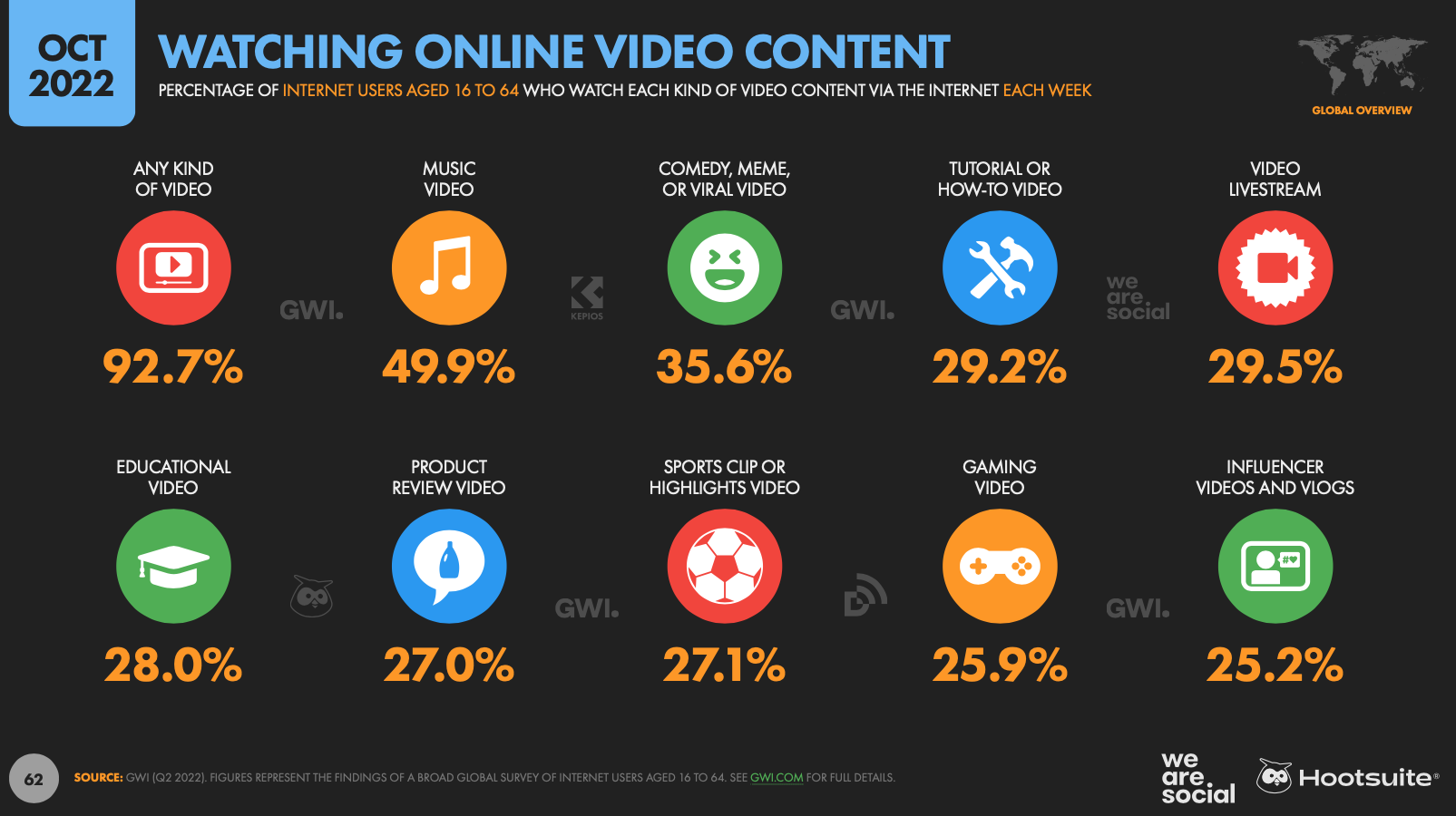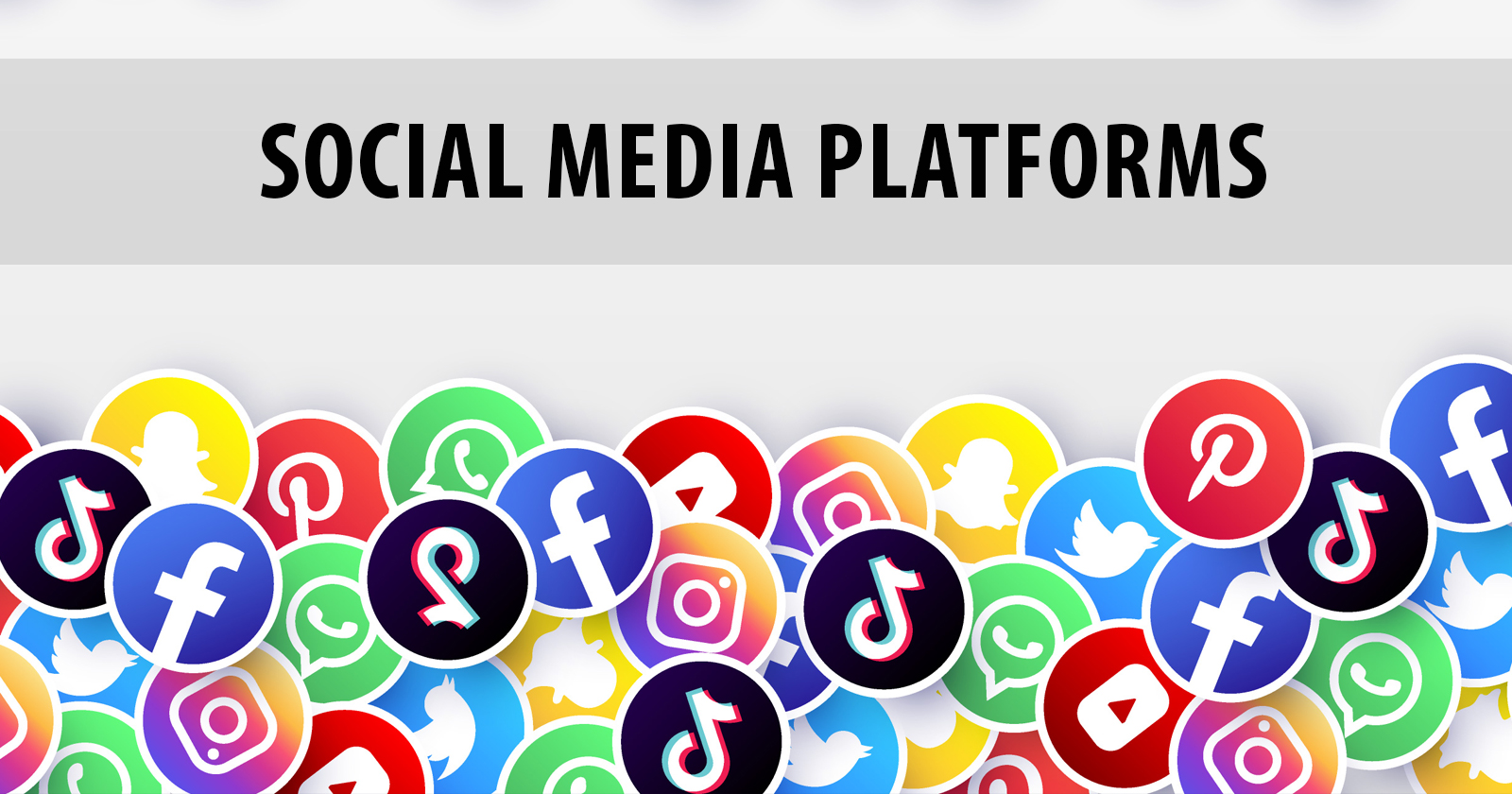Microblogging sites like Twitter enable users to share short messages with their followers. Photo sharing platforms like Instagram and Pinterest allow users to share images and photos. Video sharing platforms like YouTube and Vimeo enable users to share and watch videos.
Messaging platforms like WhatsApp and Snapchat allow users to communicate privately. Blogging sites like WordPress and Medium enable users to publish and share written content. Social media has become an integral part of our daily lives. It provides us with a platform to connect with people from all over the world and share information and experiences. Social media has also become an essential tool for businesses to reach out to customers and promote their products and services. With the rise of social media influencers, businesses can now target specific audiences and increase their reach. We will explore the different types of social media and how they can be used for personal and business purposes.
The Evolution Of Social Media
The Evolution of Social Media can be traced back to the Early Platforms that paved the way for the surge of modern networks. These early platforms, such as Six Degrees and Friendster, laid the foundation for connecting people online and sharing content. However, it wasn’t until the emergence of platforms like MySpace and Facebook that social media truly took off. These modern networks revolutionized the way we communicate, allowing us to connect with friends and family, share photos and videos, and even follow our favorite brands and influencers. With the rise of smartphones, social media has become even more accessible and integrated into our daily lives. Today, platforms like Instagram, Twitter, and TikTok dominate the social media landscape, offering users a variety of ways to express themselves and engage with others.

Credit: fivechannels.com
Dominant Social Media Giants
Facebook is the leading platform with over 2.8 billion monthly active users. Its influence spans globally, making it an essential marketing tool for businesses. Twitter sets itself apart with real-time updates and conversations, making it a powerful tool for news and trend monitoring. Instagram focuses on visual storytelling, boasting over 1 billion monthly active users. It is a hub for creativity and brand promotion. LinkedIn caters to professional networking, serving as a key platform for B2B marketing and career development.
Emerging Platforms And Trends
With the rapid growth of social media, new platforms and trends continue to emerge. One such platform gaining popularity is TikTok, known for its short-form videos. TikTok allows users to create and share entertaining content in under a minute, making it a hit among younger audiences. Another rising trend is the rise of audio-based social media platforms, with Clubhouse leading the way. Clubhouse offers a unique experience by allowing users to participate in live audio conversations and discussions. This audio-focused approach has attracted many users who enjoy the interactive and engaging nature of the platform. Additionally, decentralized social networks are gaining attention. These networks prioritize user privacy and control, allowing individuals to own and manage their data. As social media continues to evolve, keeping up with these emerging platforms and trends is essential for businesses and individuals looking to stay relevant and connect with their target audience.

Credit: blog.hootsuite.com
Impact Of Social Media On Society
Social media has transformed communication, influencing public opinion and raising privacy concerns and data security issues.
With the rise of social media platforms, communication has become more instantaneous and accessible. People can connect with others from different parts of the world, sharing their thoughts and experiences. This has led to a democratization of information, giving a voice to the masses.
Furthermore, social media has a significant influence on public opinion. News spreads rapidly through social media platforms, shaping public perception and affecting decision-making processes. This has led to the emergence of citizen journalism, where individuals can report news in real-time.
However, social media also raises concerns about privacy and data security. The vast amount of personal information shared on these platforms makes individuals vulnerable to identity theft and data breaches. Additionally, the use of algorithms and targeted advertising raises ethical questions about the manipulation of user behavior.
In conclusion, the impact of social media on society is undeniable. It has transformed communication, influenced public opinion, and raised concerns about privacy and data security.

Credit: www.pagetraffic.com
Frequently Asked Questions
What Are Top 5 Social Media?
Top 5 social media platforms are Facebook, Instagram, Twitter, LinkedIn and Pinterest.
What Are The 4 Biggest Social Media?
The four biggest social media platforms are Facebook, Instagram, Twitter, and LinkedIn.
What Are The 4 Types Of People On Social Media?
The four types of people on social media are lurkers, sharers, engagers, and influencers. Lurkers observe but rarely interact, while sharers actively share content. Engagers engage with posts through likes, comments, and shares. Influencers have a large following and can influence others’ opinions.
What Are The Three Media Types In Social Media?
The three media types in social media are text, images, and videos. These forms of content are essential for engaging and connecting with users on various platforms.
Conclusion
Understanding the various types of social media is crucial for effectively engaging with your audience. By recognizing the unique characteristics of each platform, you can tailor your content to maximize its impact. With the right strategy, you can leverage the power of social media to grow your brand and connect with your target audience.